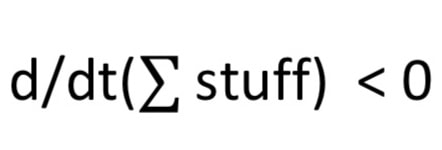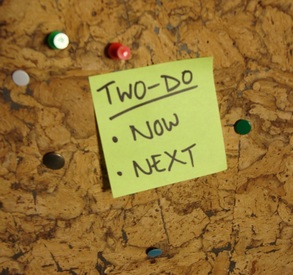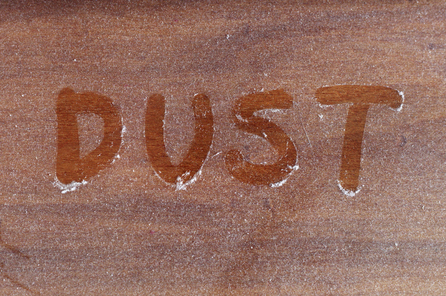I've just been reading about decluttering. A nice new book. It had lots of suggestions that - I've no doubt - many people have found or will find useful. It involved a lot of buying of containers for sorting clutter into. Installing shelves, cupboards, hanging files, etc.
It wasn't written for someone whose place is small and already full. Short of swap space.
And it struck me that most of what I read about decluttering misses one vital thing.
You're going to have to THROW SOMETHING OUT!!
It's not that the clutter that already exists "just! needs an appropriate container and then all will be well.
The amount of stuff needs to actually DECREASE.
And so, in the absence of access through a wormhole to another dimension, which allows you to pop all your extra stuff into a handy mansion on the other side (where it can be nicely curated), some of the stuff is going to HAVE TO GO.
This is actually a BIG DEAL.
Many of the things currently taking up space have sentimental attachment for me, by which I mean that each has a cluster of memories networked to it. It lights up biggish, well-connected chunks of my brain.
And throwing them away means saying goodbye to those memories. Camping down that neural activity, like beating out a forest fire with a shovel. Wrenching them out, leaving torn, grieving synapses.
Yes, I could take pictures of them. They would then disappear into the morass of jpegs, millions of magnetic domains of 1s and 0s on some storage medium somewhere. Yes, could do that. I might feel better at the time of chucking out.
And I can Freegle them, some of them, so that I know/hope that they will be used by someone else. Or they can go in the recycling (and thence where?). Or to a charity shop. All salve of a sort.
But the net sum of stuff has to decrease. No way round it.
The universal law of decluttering:
It wasn't written for someone whose place is small and already full. Short of swap space.
And it struck me that most of what I read about decluttering misses one vital thing.
You're going to have to THROW SOMETHING OUT!!
It's not that the clutter that already exists "just! needs an appropriate container and then all will be well.
The amount of stuff needs to actually DECREASE.
And so, in the absence of access through a wormhole to another dimension, which allows you to pop all your extra stuff into a handy mansion on the other side (where it can be nicely curated), some of the stuff is going to HAVE TO GO.
This is actually a BIG DEAL.
Many of the things currently taking up space have sentimental attachment for me, by which I mean that each has a cluster of memories networked to it. It lights up biggish, well-connected chunks of my brain.
And throwing them away means saying goodbye to those memories. Camping down that neural activity, like beating out a forest fire with a shovel. Wrenching them out, leaving torn, grieving synapses.
Yes, I could take pictures of them. They would then disappear into the morass of jpegs, millions of magnetic domains of 1s and 0s on some storage medium somewhere. Yes, could do that. I might feel better at the time of chucking out.
And I can Freegle them, some of them, so that I know/hope that they will be used by someone else. Or they can go in the recycling (and thence where?). Or to a charity shop. All salve of a sort.
But the net sum of stuff has to decrease. No way round it.
The universal law of decluttering:
The rate of increase over time of the total amount of stuff is less than zero, i.e. it's negative, i.e. it's a decrease! The amount of stuff must decrease!!
Live with this for a bit, and be kind to yourself when you're finding decluttering hard.
Live with this for a bit, and be kind to yourself when you're finding decluttering hard.







 RSS Feed
RSS Feed